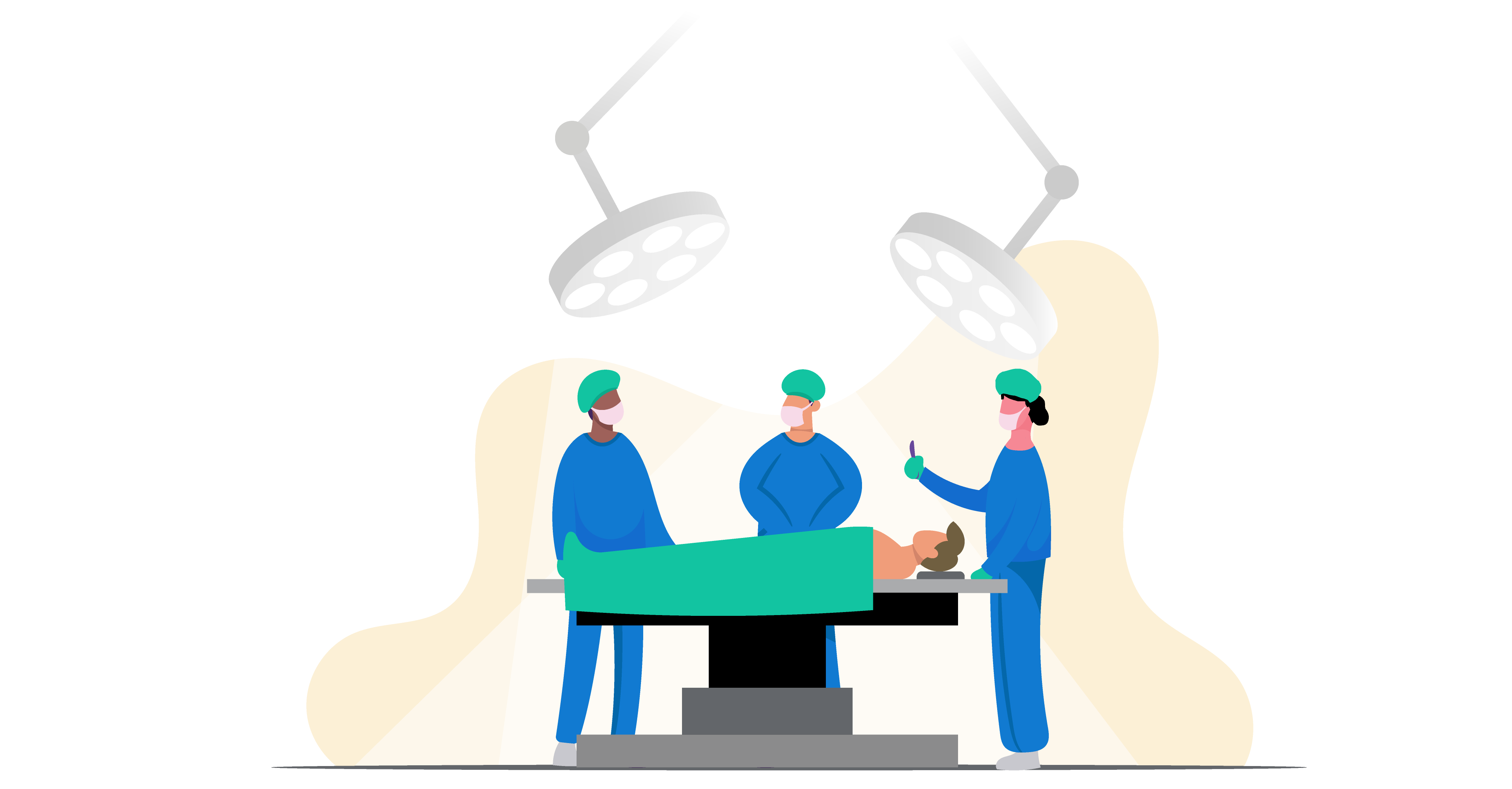Scrambler therapy to relieve cancer pain
- Diseases
- Acoustic Neuroma (14)
- Adrenal Gland Tumor (24)
- Anal Cancer (68)
- Anemia (2)
- Appendix Cancer (16)
- Bile Duct Cancer (26)
- Bladder Cancer (72)
- Brain Metastases (28)
- Brain Tumor (232)
- Breast Cancer (714)
- Breast Implant-Associated Anaplastic Large Cell Lymphoma (2)
- Cancer of Unknown Primary (4)
- Carcinoid Tumor (8)
- Cervical Cancer (158)
- Colon Cancer (166)
- Colorectal Cancer (116)
- Endocrine Tumor (4)
- Esophageal Cancer (44)
- Eye Cancer (36)
- Fallopian Tube Cancer (8)
- Germ Cell Tumor (4)
- Gestational Trophoblastic Disease (2)
- Head and Neck Cancer (12)
- Kidney Cancer (128)
- Leukemia (342)
- Liver Cancer (50)
- Lung Cancer (286)
- Lymphoma (278)
- Mesothelioma (14)
- Metastasis (30)
- Multiple Myeloma (100)
- Myelodysplastic Syndrome (60)
- Myeloproliferative Neoplasm (4)
- Neuroendocrine Tumors (16)
- Oral Cancer (100)
- Ovarian Cancer (172)
- Pancreatic Cancer (160)
- Parathyroid Disease (2)
- Penile Cancer (14)
- Pituitary Tumor (6)
- Prostate Cancer (146)
- Rectal Cancer (58)
- Renal Medullary Carcinoma (6)
- Salivary Gland Cancer (14)
- Sarcoma (238)
- Skin Cancer (296)
- Skull Base Tumors (56)
- Spinal Tumor (12)
- Stomach Cancer (64)
- Testicular Cancer (28)
- Throat Cancer (92)
- Thymoma (6)
- Thyroid Cancer (96)
- Tonsil Cancer (30)
- Uterine Cancer (80)
- Vaginal Cancer (16)
- Vulvar Cancer (20)
- Cancer Topic
- Adolescent and Young Adult Cancer Issues (20)
- Advance Care Planning (10)
- Biostatistics (2)
- Blood Donation (18)
- Bone Health (8)
- COVID-19 (362)
- Cancer Recurrence (120)
- Childhood Cancer Issues (120)
- Clinical Trials (630)
- Complementary Integrative Medicine (22)
- Cytogenetics (2)
- DNA Methylation (4)
- Diagnosis (232)
- Epigenetics (6)
- Fertility (62)
- Follow-up Guidelines (2)
- Health Disparities (14)
- Hereditary Cancer Syndromes (126)
- Immunology (18)
- Li-Fraumeni Syndrome (8)
- Mental Health (116)
- Molecular Diagnostics (8)
- Pain Management (62)
- Palliative Care (8)
- Pathology (10)
- Physical Therapy (18)
- Pregnancy (18)
- Prevention (914)
- Research (392)
- Second Opinion (74)
- Sexuality (16)
- Side Effects (604)
- Sleep Disorders (10)
- Stem Cell Transplantation Cellular Therapy (216)
- Support (402)
- Survivorship (320)
- Symptoms (182)
- Treatment (1786)
Cancer pain management brings patients relief
BY Katie Brooks
3 minute read | Published November 15, 2017
Medically Reviewed | Last reviewed by an MD Anderson Cancer Center medical professional on November 15, 2017
For 16 years, Rose Trapolino had a hard time walking because of the pain and tingling in her feet.
The breast cancer survivor suffered from peripheral neuropathy – pain caused by nerve damage – that resulted from chemotherapy. Trapolino tried medications and other treatments to reduce the pain in her feet, but nothing worked.
She had plenty of company. During the first month of chemotherapy, this kind of pain occurs 68% of the time.
Traditionally these patients have been treated with opioids or narcotics, along with medications that weren’t developed for cancer pain but that help with its management, such as anti-seizure medications and antidepressants.
But these medications don’t always relieve the pain, says Salahadin Abdi, M.D., Ph.D., chair of Pain Medicine.
They also can have side effects and be addictive.
Innovative cancer pain therapy brings positive results
About 18 months ago, Abdi began treating neuropathy patients using scrambler therapy, which involves placing electrodes around the areas of numbness and pain. A “scrambler” machine connected to the electrodes sends normal impulses to the brain from the affected area so the brain perceives them as normal sensations instead of pain.
Patients participate in 45 minute sessions for five to 10 days.
“Our neuropathy patients’ preliminary experiences have been promising,” Abdi says. “Not only did they report less pain, they also regained sensation. And most importantly, their quality of life improved.”
Trapolino started with the scrambler therapy machine and saw a difference after the second session. After the third session, the pain was gone, and she started feeling her feet again.
“I was in constant pain. The neuropathy affected everything,” Trapolino says. “Now I walk without pain. I feel like I got my life back.”
She’s enjoying cooking for her family now that she can stand longer in the kitchen. And she looks forward to more family vacations.
Patients who’ve had scrambler therapy report results lasting several months. Abdi tells patients they can come back for more therapy if the pain returns. If results are confirmed by well-designed controlled studies, he says it could bring big changes to managing neuropathic pain.
Pain Management Center helps improve quality of life
Scrambler therapy is just one example where our team in the Pain Management Center works with patients to reduce pain and improve quality of life.
The Pain Management Center treats patients through its two main services: the cancer pain service and the postoperative pain service.
Care from the cancer pain service starts with a comprehensive assessment. Pain physicians then create a plan for each patient’s needs and condition. Patients are reassessed frequently, allowing physicians to adjust treatment plans as needed.
The center collaborates with other MD Anderson departments to offer various treatment techniques including:
- Medications
- Breathing exercises
- Massage therapy
- Ice and/or heating pads
- Prayer and meditation
- Acupuncture
- Physical and occupational therapy
- Interventional procedures such as nerve blocks
The Pain Management Center has 10 full-time doctors, including a pain psychologist who helps patients cope with depression, anxiety or fear, which are common emotional challenges of cancer patients.
Patients experiencing pain can request a referral from their MD Anderson care team. The center accepts walk-ins and typically accommodates same-day referrals. The center also provides consultations for inpatients experiencing pain related or unrelated to their underlying diseases.
“Pain is top of mind for all of our patients, and we’re here to help reduce it as much as possible,” Abdi says.
Patients like Trapolino are grateful for the pain services.
“If you’re in pain and there’s something that can help you, you should try it,” she says.
Request an appointment at MD Anderson online or by calling 1-855-628-9657.
Related Cancerwise Stories

I feel like I got my life back.
Rose Trapolino
Survivor






